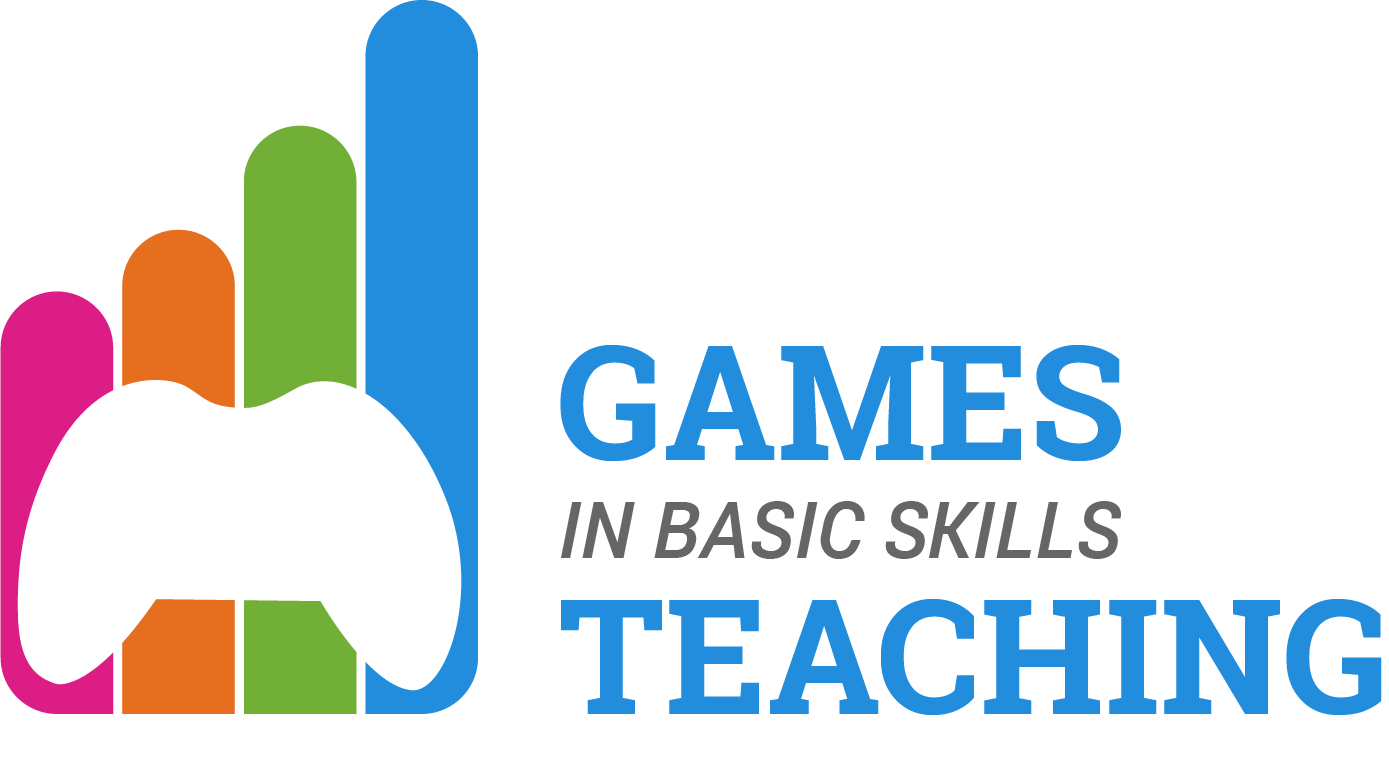Keep Talking and Nobody Explodes-VUC
Game facts and game description
Description
The game is called “Keep Talking and Nobody Explodes” (PC version). You can either find it
on HUMBLE STORE or STEAM. The game is about defusing a bomb. Your friends, the
“experts”, have the manual needed to defuse it. But there’s a catch: the experts can’t see
the bomb, so everyone will need to talk it out – fast! Put your puzzle-solving and
communication skills to the test as you and your friends race to defuse bombs quickly
before time runs out!
The game can be played by people aged from 12 to 99 years old.
Target group & Setting
The game was played in the ICT classroom of the school. There were 20 students divided in
5 groups. Each group had 1 defuser and 3 experts. Only the defuser could see the screen of
the PC and the Experts had a printed version of the manual in their hands. The defuser
had to describe the bomb to the experts in English (which was not their native language)
and the experts had to give the instructions also in English.
Project outline
The game was used in English class. The students had to communicate in English, and it
was really nice to do it while they were playing. For our first session with the game, we had
an introductory session. First, we watched the trailer of the game on YouTube (in English).
Then we talked about the goal of the game which is to defuse a bomb by disarming all its
modules before the time ends and we spent some time to read the manual end explain
some difficult words. After this introductory session we had 3 more (40 min each) where
the students played the game.
How to embed
Playing the game in English was a motivation for them to communicate in English. In our
case, it was the perfect fit for the English class (students’ native language is Greek). The
groups of 4 worked perfectly and at the last 40 min session every one of the students had
the chance to play as an Expert and as a Diffuser for at least 2 times.
Use in class
Our first session was an introductory one (as described before). We had 3 more:
First session of playing
● In groups of 4 the students chose the person, who should be the “defuser”.
● One teacher helped “The defuser” how to use the controls of the game and the
other teacher helped the “helpers” with the manual.
● After the 3 times that they had help, they felt confident to play on their own.
● They played the game 2 times without help.
● As homework, the students had to learn some of the difficult words that we had
discussed in the introductory lesson.
Second session of playing
● The students (in the same teams) played the game again. We realised that the
game was getting a lot more difficult, too quickly.
● As they had played the game for some time they had found their own ways to
communicate and they could understand each other a lot easier than they did
when they started.
Third session of playing:
● The same teams played the game but this time the players rotated their roles so
everyone could play both the “helper” and the “defuser
Student experience, testimonials and quotes
When we asked the teacher that used the game inside the class about his experience, he
said that: “The students liked playing the game. They thought it was fun playing and
learning at the same time. On the other hand, they didn’t like the fact that the game got a
lot more difficult in such early levels and after playing the game for the third session they
got a little bored of it.”
We also had a discussion with the students that played the game during the English class.
Here are some testimonials:
Student 1: “I liked playing this game. I thought that it would be difficult to talk with the
other students in English, but we managed. I wanted to defuse that bomb.”
Student 2: “It was nice that we could play a game during class. It was strange in the
beginning, but it got a lot funnier while we played.”Student 3: “I learned the words that our teacher told us because I wanted to use them for the game. I think it was the first time that I learned all the words that I had for homework.”
Student 4: “It would be nice if we used games in other classes too.”
